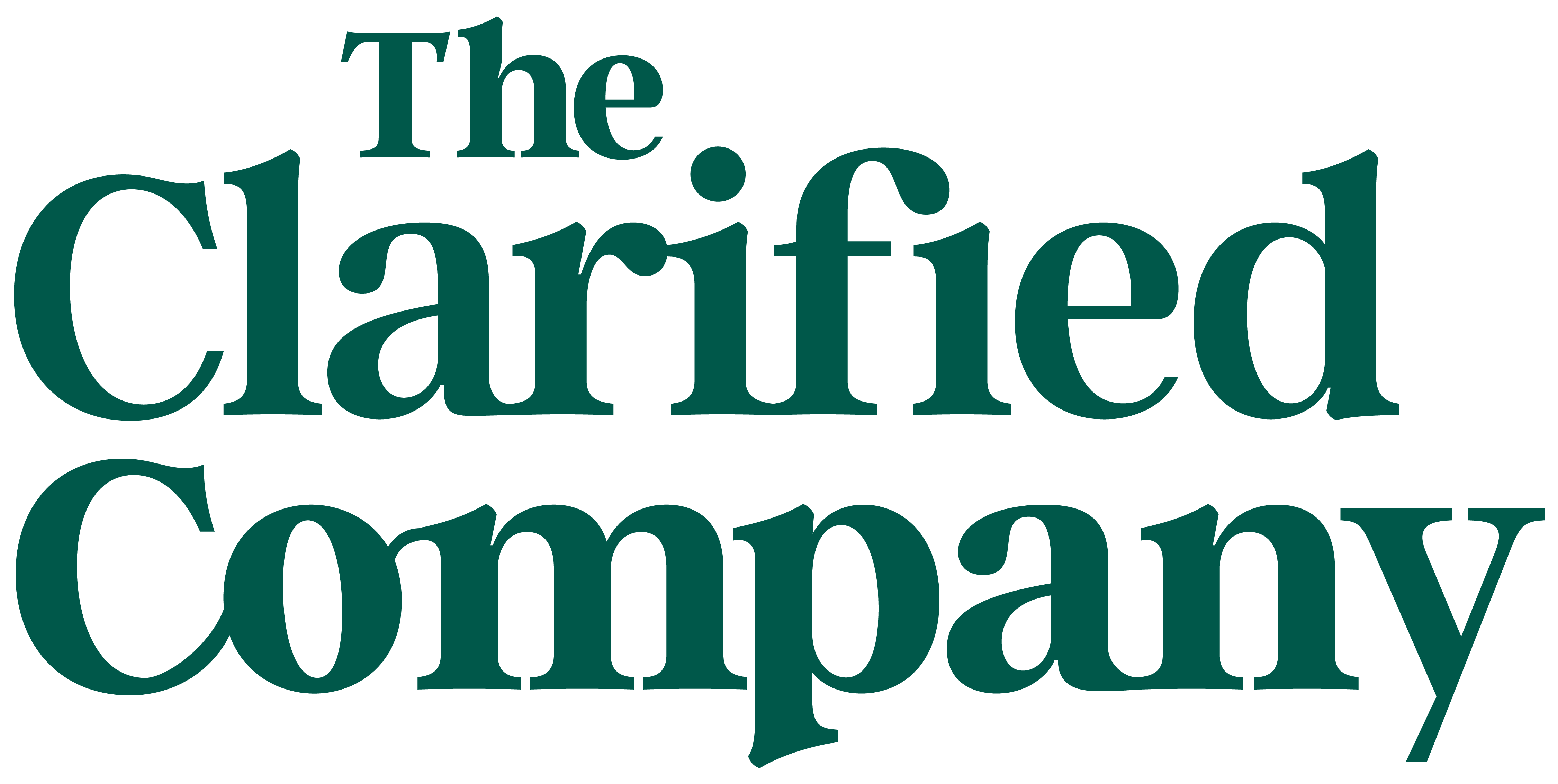Mixed Signals: Discipline equals freedom
I'm not looking forward to the summer holidays. I know that's a 'bad parent' thing to say, and I know I'm not alone.
No. 23 – 4th of July, 2021
I'm not looking forward to the summer holidays.
I know that's a 'bad parent' thing to say, and I know I'm not alone.
I am looking forward to some of it. Like many parents, I'm still in recovery from the last 16 months.
One of the ways we make our summers successful may sound quite odd... discipline. We stick to bedtime routines (the kids and me), we wake up early (mostly me), and we have a plan for most days.
We occasionally chuck the routine out the window (late nights, lay-ins, films in pyjamas with duvets, etc.). Then we quickly retreat to the routine.
As ex-Navy Seal Jocko Willink says: "The only way to get to a place of freedom is through discipline".
Discipline = freedom.
On with the links...
---
01. Out of this world.
"The educator is someone who faces the audience and wants to know... how is your brain wired for thought. And if I know that, I have a chance of shaping knowledge, information, insight. In ways that can best be received by your receptors."
Another long listen... Neil deGrasse Tyson on The Joe Rogan Experience. Despite the popularity of these two names, I think this may be the first time I've listened to either. Lots of talk about space (as expected), and also several fascinating thoughts on education.
02. Ideas that don't make sense.
"For the last fifty years or so, most issues involving human behaviour or decision-making have been solved by looking through what I call 'regulation-issue binoculars'. These have two lenses, market research and economic theory, that together are supposed to provide a complete view of human motivation.
There's only one problem: the binoculars are broken. Both the lenses are pretty badly cracked, and they distort our view of every issue."
I finished reading 'Alchemy' by Rory Sutherland, which is a collection of ideas that don't make sense (I highlighted some of my favourite examples here).
It was a fantastic read that resonated massively with me. Much of the world is built around how we *should* think, rather than how we *actually* think.
03. Change for good.
Another fantastic listen recently was Katy Milkman on the Behavioral Grooves podcast. Amongst many other things, Katy is one of the people behind 'The Behavior Change for Good' initiative, which carries out large scale "mega" experiments to explore many different behaviour change ideas... including (more recently) how to get more people vaccinated against COVID.
04. Fail state.
Whilst we're on the topic of COVID, I recently finished 'The Premonition' by Michael Lewis. It's the first book from him I've read, but won't be the last (his previous hits include 'Moneyball', 'The Big Short', and 'The Blind Side').
It helped me process what's happened over the last year or so, but was also an incredible read on how/why governments and local authorities fail to do what's right.
05. The future of drinking?
"What if we could have the good side of drinking without the bad?"
I recently watched a talk from Professor David Nutt, Chair of Drug Science and author of 'Drink? The New Science of Alcohol + Your Health', where he talked about his brainchild... alcohol, but not as we know it.
This week's quick links...
+ Julian Shapiro's thread on how to generate way more ideas.
+ Ann Handley's excellent, short guide on how to write for Instagram.
+ I've seen The Great Online Game article by Packy McCormick recommended *a lot* and I can see why. Great read. (I tweeted before about how Twitter is a game).
---
This is from my newsletter, Sometimes Weekly. Get the next issue sent to your inbox.
